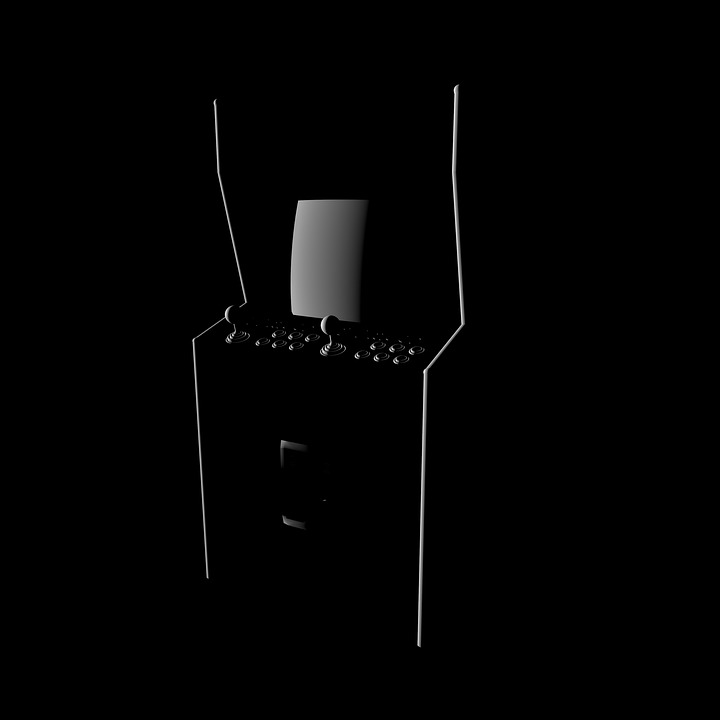The Science Behind Gaming: How Video Games Can Improve Problem-Solving Skills

[ad_1]
Gaming has long been a popular form of entertainment, but did you know that it also has scientific benefits? Research has shown that playing video games can actually improve problem-solving skills and cognitive function. In this article, we will explore the science behind gaming and how it can help you become a better problem solver.
To understand how video games can improve problem-solving skills, it’s important to first look at the cognitive processes involved in playing games. One of the key components of problem-solving is critical thinking, which involves analyzing a situation, considering different options, and making decisions based on logic and reasoning. Video games often require players to think critically and strategically in order to progress through levels or complete objectives.
Additionally, many video games also involve complex puzzles and challenges that require players to use their problem-solving skills to overcome obstacles. For example, in puzzle games like Portal or Sudoku, players must use logic and reasoning to solve puzzles and advance to the next level. By engaging in these types of challenges, players can enhance their problem-solving abilities and develop new strategies for approaching difficult tasks.
Furthermore, playing video games can also help improve hand-eye coordination and spatial awareness. Many games require players to navigate complex environments, dodge obstacles, and react quickly to changing situations. By practicing these skills in a virtual setting, players can improve their ability to think and act quickly in real-world situations.
In a study published in the journal PLOS ONE, researchers found that playing action video games can improve cognitive function and problem-solving skills. The study looked at a group of participants who played action games for a total of 10 hours over the course of one month. The results showed that the participants who played the action games showed improvements in their ability to multitask, make quick decisions, and adapt to new situations.
Another study conducted by the American Psychological Association found that playing video games can improve spatial reasoning skills. Spatial reasoning is the ability to visualize and manipulate objects in three-dimensional space, and it plays a crucial role in problem-solving. The study found that participants who played video games that required spatial reasoning skills showed improvements in their ability to mentally rotate objects and visualize complex shapes.
In addition to improving problem-solving skills, playing video games can also have positive effects on overall cognitive function. Research has shown that gaming can improve memory, attention span, and decision-making abilities. By engaging in challenging tasks and exercises while playing video games, players can stimulate their brains and enhance their cognitive abilities.
FAQs:
1. Can gaming really improve problem-solving skills?
Yes, research has shown that playing video games can enhance problem-solving abilities by requiring players to think critically, strategize, and overcome challenges.
2. What types of video games are best for improving problem-solving skills?
Puzzle games, strategy games, and action games that require quick thinking and decision-making are all great options for improving problem-solving skills.
3. How much time should I spend playing video games to see improvement in my problem-solving skills?
Studies have shown that even just a few hours of gaming can lead to improvements in cognitive function and problem-solving abilities. However, moderation is key, so be sure to balance gaming with other activities to maintain a healthy lifestyle.
In conclusion, the science behind gaming is clear: playing video games can improve problem-solving skills, cognitive function, and overall brain health. By engaging in challenging tasks and exercises while gaming, players can stimulate their brains and develop new strategies for approaching difficult tasks. So next time you pick up a controller, remember that you’re not just having fun – you’re also sharpening your mind.
[ad_2]









